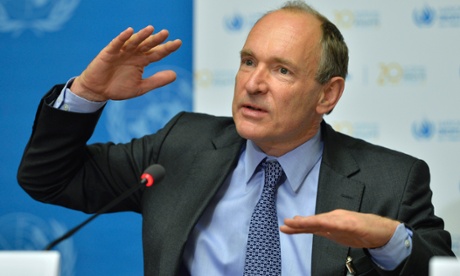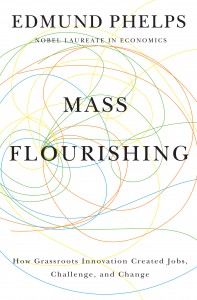
In 2008, Mark Zuckerberg laid out his theory about people sharing content on Facebook.
« I would expect that next year, people will share twice as much information as they share this year, and [the] next year, they will be sharing twice as much as they did the year before, » he said.
The New York Times called it « Zuckerberg’s Law, » a playful homage to Moore’s Law, named after Intel co-founder Gordon Moore, who said, « The number of transistors incorporated in a chip will approximately double every 24 months. »
In 2011, Zuckerberg reiterated his theory on sharing, saying that it was still growing at an exponential rate.
And Zuckerberg is right about that.
But the exponential growth of sharing may not, actually, be helping Facebook. And with the explosion of dedicated mobile sharing apps, the industry may be evolving in ways that Zuckerberg never foresaw.
via Facebook Is A Fundamentally Broken Product That Is Collapsing Under Its Own Weight – Business Insider.






